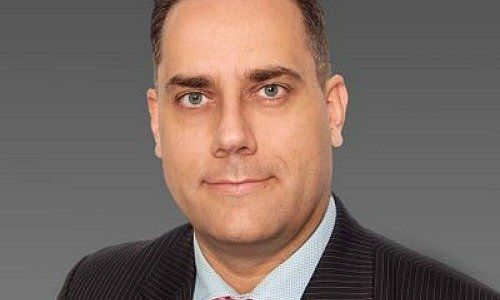After Hurricane Season: Lower Contributions for Citizenship Applicants
The investor migration industry has seen various changes in citizenship-by-investment programs in recent weeks. Philippe May, head of Asia Pacific at Arton Capital in Singapore, gives an update on that topic.
At the end of September 2017, in the aftermath of a devastating hurricane in the Caribbean the twin island nation of St. Kitts and Nevis set up a «Hurricane Relief Fund» which is hosted by its Citizenship Investment Unit. At the same time it lowered the non-refundable contribution for citizenship applicants from $250,000 to $150,000. This contribution covers a family of four.
Three weeks later the government of neighbouring Antigua and Barbuda announced the reduction of the investment threshold for its «National Development Fund» from $200,000 to $100,000 for a family of up to four.
A Form of Business Visa
Among the five member countries of the Organization of East Caribbean States (OECS) which have a citizenship program Dominica and St. Lucia have not announced any changes, and Grenada explicitly stated that it will not lower it’s threshold of $200,000 for family applicants.
Grenada is the only OECS country whose citizens are eligible for the coveted E2-visa scheme of the USA, a form of business visa. All OECS countries are committed to the OECD’s common reporting standard CRS, but do not raise capital gains, wealth or inheritance taxes. They also do not tax overseas income.
Accepting Bitcoins
At the other end of the world the Pacific archipelago of Vanuatu hit the headlines with an announcement that it will accept Bitcoins from those who apply for its «honorary citizenship» under the «Development Support Program» (DSP).
What seemed to be a good publicity for the remote and impoverished country turned out less exciting after examination. It is not the government which is accepting Bitcoins, but only one of its appointed agents. The agent in turn then has to make payments to the government in dollars.
Unlike in the Caribbean countries where only fees are paid prior to the filing of an application, in Vanuatu the full donation amount has to be paid in advance. And it has to be paid to the filing agent in Vanuatu rather than to the government directly. In any way, the Vanuatu «honorary citizenship» does not give its new citizens fill political rights and comes more expensive than the Caribbean options which do give active and passive voting rights. Arton Capital along with the other leading investor migration advisory firm does not offer its clients the Vanuatu DSP.
Only Lightly Regulated
In Cyprus, the only European country where applicants can obtain citizenship thru investment in less than six months, the government expressed its intention to regulate agents who file citizenship applications for their clients.
Unlike in the Caribbean where only approved agents can operate and file applications and governments maintain informative websites with accurate information on the process, agents etc. the industry has been only lightly regulated in Cyprus so far.
The Hon. Philippe May is a part of the inception of the Arton Capital office in Singapore and oversees the Asia Pacific Region. His career began as a Portfolio Manager for Asian Equities at Credit Suisse in Zurich. After his move to Singapore he became Vice President of EFG Private Bank and Director of VP Bank. May is a Swiss-certified Financial Planner and Banking Specialist. He holds a Bachelor of Business Administration and studied Chinese at Jiao Tong University in Shanghai. In 2011 the government of St. Vincent and the Grenadines appointed him as its Honorary Consul to Singapore.




















